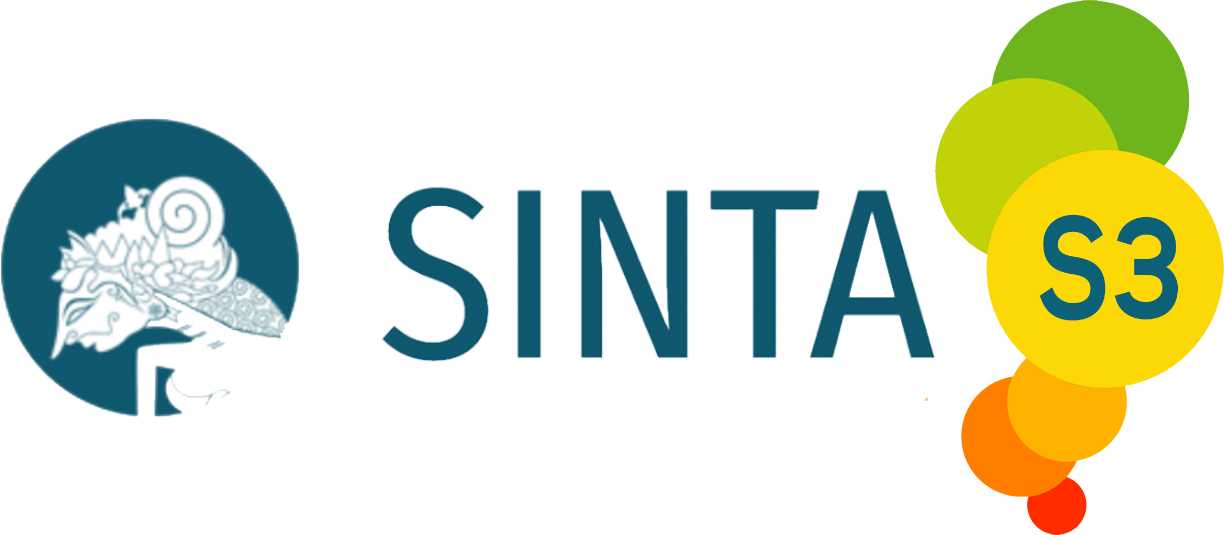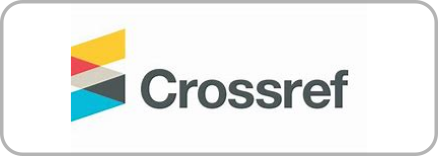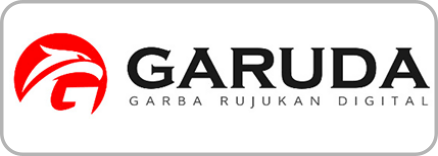The Prohibition of Eyelash Extensions for Women
A Study of Hadith Sahih Muslim, Index Number 2123
DOI:
https://doi.org/10.12928/taqaddumi.v3i1.7094Keywords:
hadith, eyelash extension, womenAbstract
This article delves into the understanding of the hadith regarding the use of eyelash extensions for women, focusing on the implications of this practice. In today's society, women place great importance on their appearance, which has led to a surge in the popularity of various beauty enhancements. However, considering the hadith narrated by Muslim (index number 2123), wherein the Prophet forbade women from using hair extensions, it becomes crucial to gain a deeper understanding of the permissibility of eyelash extensions, particularly for women. To address this issue, a qualitative research approach is employed in this study, utilizing library research and content analysis methods. Through a thorough examination of relevant literature and scholarly discussions, the article aims to shed light on the interpretation and application of the hadith in the context of eyelash extensions. By examining the underlying reasons behind the prohibition and exploring any potential exceptions or considerations, this research seeks to contribute to a comprehensive understanding of the subject matter. The findings of this study provide valuable insights into the understanding of the hadith and its relevance to the use of eyelash extensions for women. This research highlights the need for a nuanced perspective, taking into account the evolving societal norms and personal preferences while remaining grounded in the teachings of Islam. Ultimately, this article serves as a resource for individuals seeking guidance on the permissibility of eyelash extensions, especially among Muslim women, in navigating contemporary beauty practices within the framework of Islamic principles.
References
Agustine, Cintya Firnanda, Ibnu Jazari, Dwi Ari Kurniawati. "Tinjauan Hukum Islam terhadap sambung bulu mata, sulam alis dan sulam bibir." Jurnal Universitas Islam Malang, 2019.
Asmarina, Femi. "Makna kecantikan perempuan pengguna eyelash extension." Jurnal Universitas Garut.
Bustanul Hanafi. "Eyelash extension dalam perspektif hukum islam." Makassar, 2020.
Khoiriyah, Siti. "Pendapat MUI Kota Malang terhadap jasa extension bulu mata di Salon Deshita Malang." Malang, 2018.
Muslikhah, Nur Anisa'. "Pemahaman muslimah terhadap jasa tanam bulu mata perspektif sosiologi hukum Islam (studi kasus di salon Polanharjo Klaten pada tahun 2020)." Skripsi IAIN Surakarta, 2020.
Muhammad, Thaib Muhammad. "Kualitas Manusia dalam pandangan Al-Qur’an." Aceh, 2016.
Ni'mah, Alfiatun. "Tatalaksana Eyelash extension Pandaan di era New Normal." Jurnal UNESA Vol. 10 nomor 2, 2020.
Shihab, Muhammad Quraish. Membumikan Al-Qur’an: Fungsi dan Peran Wahyu dalam Kehidupan Masyarakat. 3 ed. Bandung: Mizan, 2009.
Rahayu, Dwi Farma, Parman Komarudin, Umi Hani. "Perlindungan hukum terhadap jasa pemasangan eyelash extension dalam perspektif undang-undang perlindungan hukum konsumen dan hukum Islam (studi kasus A.R Studio) Jl. Sultan Adam komplek Taekwondo Banjarmasin Utara."
Saputri, Clara. "Tanggung Jawab Pelaku Usaha Kecantikan di Bidang Eyelash Extension Untuk Memenuhi Hak-Hak Konsumen Ditinjau Berdasarkan Asas Keamanan dan Keselamatan Serta Kepastian Hukum." Jurnal Universitas Atma Jaya Yogyakarta, 2019.
Sholihah, A. "Perlindungan Hukum Terhadap Jasa Pemasangan Eyelash Extension dalam Undang-Undang Perlindungan Konsumen dan Hukum Islam di Tulungagung (Studi Kasus di Salon Melati Ayu Tulungagung)." Jurnal Uinsatu, 2019.
"Procedures to Consider When Getting Eyelash Extensions at a Salon." Diakses pada 19 Desember 2021. Tersedia di: https://www.everlash.id/post/tata-cara-yang-perlu-diperhatikan-ketika-pasang-bulu-mata-extension-disalon
Muslim ibn al-Hajaj Abu al-Hasan al-Qushairi al-Naisaburi. Shahih Muslim. Beirut: Dar Ihya’ al-Turath al-‘Arabi.
Kementerian Agama RI. Al-Qur'an dan Terjemah
Downloads
Published
Issue
Section
License
Copyright (c) 2023 Diva Rahayu Oktaviani, Muhid Muhid, Andris Nurita

This work is licensed under a Creative Commons Attribution-ShareAlike 4.0 International License.
License and Copyright Agreement
In submitting the manuscript to the journal, the authors certify that:
- They are authorized by their co-authors to enter into these arrangements.
- The work described has not been formally published before, except in the form of an abstract or as part of a published lecture, review, thesis, or overlay journal. Please also carefully read the Taqaddumi Author Guidelines at http://journal2.uad.ac.id/index.php/taqaddumi/about/submissions#onlineSubmissions
- That it is not under consideration for publication elsewhere,
- That its publication has been approved by all the author(s) and by the responsible authorities – tacitly or explicitly – of the institutes where the work has been carried out.
- They secure the right to reproduce any material that has already been published or copyrighted elsewhere.
- They agree to the following license and copyright agreement.
Copyright
Authors who publish with the Taqaddumi Journal agree to the following terms:
- Authors retain copyright and grant the journal right of first publication with the work simultaneously licensed under a Creative Commons Attribution License (CC BY-SA 4.0) that allows others to share the work with an acknowledgment of the work's authorship and initial publication in this journal.
- Authors are able to enter into separate, additional contractual arrangements for the non-exclusive distribution of the journal's published version of the work (e.g., post it to an institutional repository or publish it in a book), with an acknowledgment of its initial publication in this journal.
- Authors are permitted and encouraged to post their work online (e.g., in institutional repositories or on their website) prior to and during the submission process, as it can lead to productive exchanges, as well as earlier and greater citation of published work.








